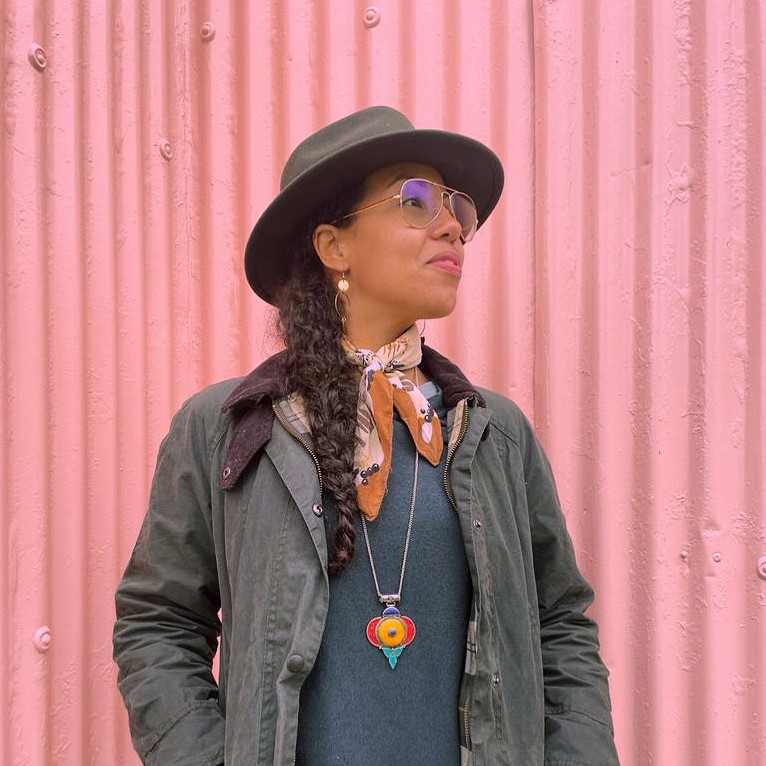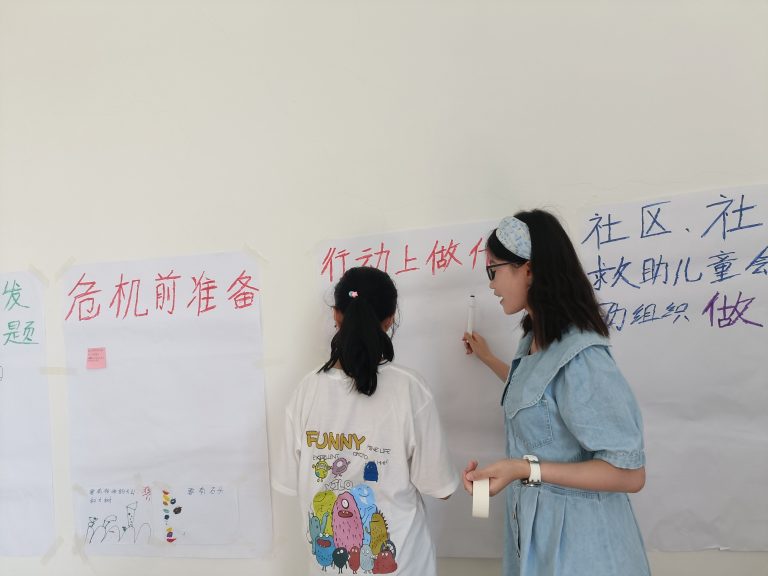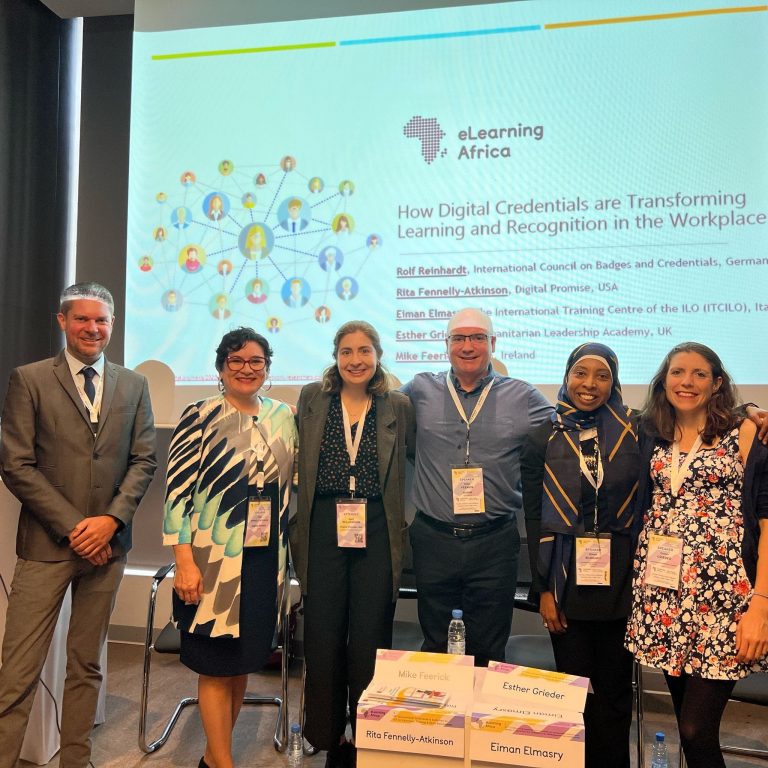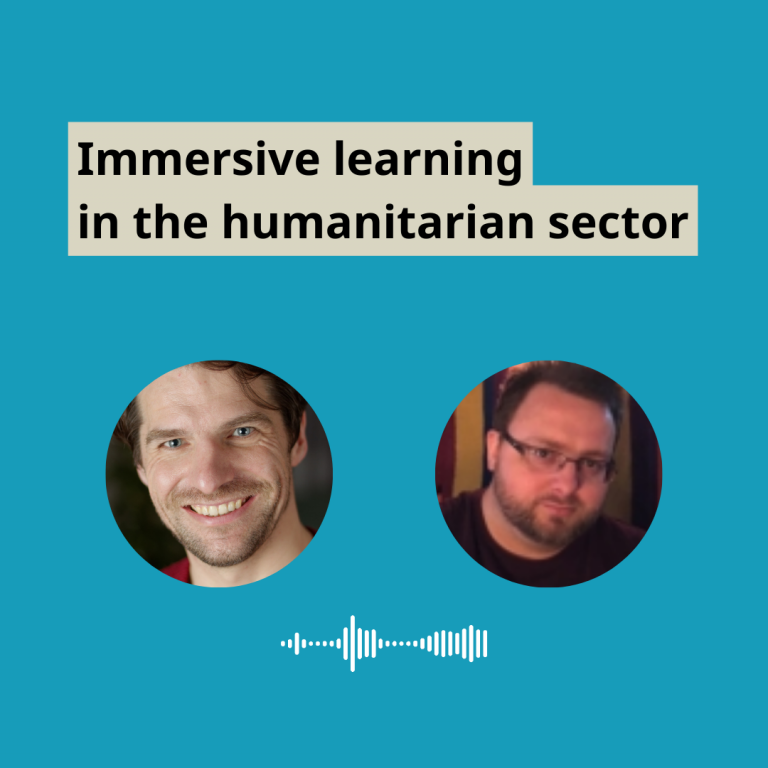28th September 2022
Reflections on the BOND Power in Development conference
I attended the BOND Power in Development conference as part of a collaborative group from the Humanitarian Leadership Academy and the Shifting the Power group within Save the Children UK. The conference ran online over two days and was attended by people globally. There were some amazing speakers and too many sessions to attend. I was able to focus my attention on 4 of these, the first of which was called ‘The changing face of leadership in the NGO sector‘. Speakers included representation from BRAC, Muslim Aid and Integrity Action. It was great to see the common threads between all the speakers and collective agreement of how to keep things moving in the right direction.
Overall, there has been lots of change in the sector. Even though, the sector is well placed, this idea of the changing faces of leadership needs a bit of unpacking. Specifically, when we speak about career transitions, moving across sectors, CEOs to interim CEO’s and the balance between competency and diversity.
The current climate is a candidate led market. Keeping this in mind, there might be a need to review traditional practices. Is there an opportunity to put in place a new model and an opportunity to be bold and brave enough to challenge the status quo? Can we adopt new principles such as Feminist leadership principles and other shifting power strategies? What would the effect on recruitment be if we did?
Over the past few years, candidates have been a lot more intentional and clearer about what they need. Thus, moving away from Job descriptions (JDs) being too general. This allows for more quality and targeted responses from candidates by putting the specifics in the JD from the offset. Traditionally, most JDs do not touch on what many people are really looking for, such as kindness. Can this be added?
Conversely, most JDs are technical skills heavy. What other skills are important to you and your organisation? How about the ability to have difficult conversations or to hold different viewpoints comfortably? Can we adopt the quiet power of kindness, also? Collaboration skills and ability to seek out coaching when needed are more appealing skills to have. Ultimately, it is up to leadership to ascribe the desirable values and to decide which values of the organisation are prioritised. They also need to think about a solution for how these values can be disseminated in this new environment, of remote working for example.
Why is there a gap? Do we need more opportunities for local development? Another need is to start by acknowledging the existing power dynamics – True leadership needs to be given to local communities. We can start by working with local communities from the beginning. Question the model that have been used thus far and instead create a partnership-based model – Have a frame of orientation, when recruiting, of having leaders that you really respect. Leaders that listen and are humble and allow for voices to be heard. Collaborative leadership as well as actions of true accountability. Have a mental capacity to accept differences and to give up power. If you can’t accept this as a leader, it’s going to be difficult to survive. By broadening your optics, you will have more awareness that wellbeing might mean something else for different people and regions. Empathy is as important as ever.
What are good candidates now? What do we look for? Is it the years of experience on paper or the ability to support a team? Are academic qualifications still suitable? Can we take some of the principles above and apply them to what the communities need? Move away from the thinking that “I’m the expert and this is what should change”?
We must ensure that there is an opportunity to sit around the table and discuss even if it is difficult and perhaps challenges our whole frame of orientation and identity. Focus on creating the spaces for those leaders to come together so they feel like they are truly a part of the decision-making process. Otherwise, what is the point of giving voice without power. Share the responsibilities which a CEO would have to the country offices or local communities. This should be uniform from the officer level to the board. It is crucial that we have more diversity of thought and perspectives to steer the ship.



